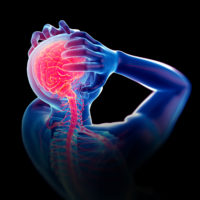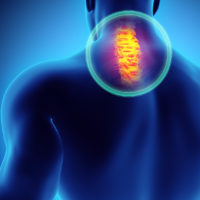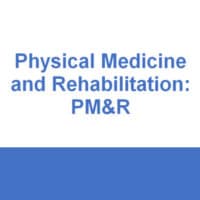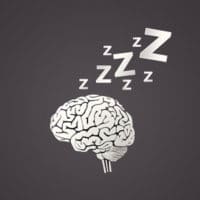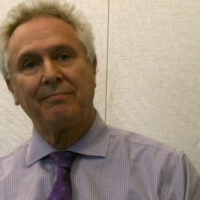Archive
Pharmacology
What are the pharmacological options for people managing a concussion or other traumatic brain injury?
Post-Traumatic Headaches: Not Just One Type or Treatment
Headaches must be evaluated with a comprehensive history and physical examination. There are many options for treatment, but diagnosis has to be the first step.
Evaluating and Treating Headaches After Brain Injury
Headaches are extremely common after a traumatic brain injury, but there are various treatments that vary depending on the phenotype or cause.
Check the Neck after a Brain Injury
Whiplash and cervical strain occurs when a person’s head and neck are forced back and forth, injuring soft tissues of the neck. They are common after brain injuries.
Treatment and Prognosis after a Concussion
Learn about treatments for post-concussion symptoms—including medication, various rehabilitation therapies, neuropsychology, and potentially some complementary therapies—as well as factors related to longer concussion recovery times.
Mood Disorders Such as Depression Can Complicate a Brain Injury
A traumatic brain injury can be associated with depression or another mood disorder, possibly because of the disruption of brain chemicals.
Opioids Cause Problems After a Brain Injury
Stories of opioid-related disability and death are in the news frequently because of a surge in the use of these substances over the past few decades. For people with a history of brain injury, including concussions, the risks of using opioids are higher than for those without this medical history. Learn about the benefits and dangers of these substances, some of which are not only legal but widely prescribed for acute and chronic pain.
Falls and Brain Injury in Older Adults
Traumatic brain injuries are very common in older adults who fall. They can result in hospitalization, death, or disability especially in this age group and those on certain medications. In this post, an elderly woman has a delayed hematoma from an injury that could have been deadly. Falls can be prevented and Dr. Sandel shares important information about risk factors and tips for prevention.
The Medical Specialty of Physical Medicine and Rehabilitation
A physiatrist (physical medicine and rehabilitation physician) treats disorders of the muscles, bones, and nervous system, and may practice in inpatient or outpatient settings. Physiatrists usually provide care with other rehabilitation providers such as physical, occupational, and speech therapists, and may work in teams for patients with catastrophic injuries or complex disorders, especially in rehabilitation hospitals.
Rest Assured: Quality Sleep Supports Recovery From Brain Injury
Sleep disturbances are common after brain injury and require comprehensive evaluation and management. Other sleep disorders such as difficulty falling asleep, staying asleep, and excessive daytime sleepiness are common. Some patients with brain injuries develop sleep apnea, and screening for this disorder is important because of the risk of hypoxia and strokes that lead to additional brain injury.
Managing Concussion-Related Pain
Dr. Steven Moskowitz is a physiatrist specializing in pain management. He discusses the various painful conditions, including neck pain and headaches, that occur at high frequency after concussion and related trauma. He advocates for a biopsychosocial approach to the evaluation and treatment of these conditions.
The Post-Concussion Syndrome
Physiatrist Dr. Mel Glenn discusses the evaluation of the many symptoms that are part of a chronic condition called post-concussion syndrome or disorder that occurs in some patients after a concussion. He offers advice on the treatment of headaches, sleep disturbances, and other conditions.
Brain Injury Research — Still Lacking in the 21st Century
There are many unanswered research questions about concussion diagnosis, pathophysiology, risk factors, and effective treatments. About 50 are included here to emphasize the fact that we still need a lot more research in brain injury medicine for advances in diagnosis and treatment.
Keep up to date
Get updates on the latest in concussion, brain health, and science-related tools from Dr. Elizabeth Sandel, M.D.
By clicking SIGN UP, you agree to receive emails from Dr. Sandel and agree to our terms of use and privacy policy.

